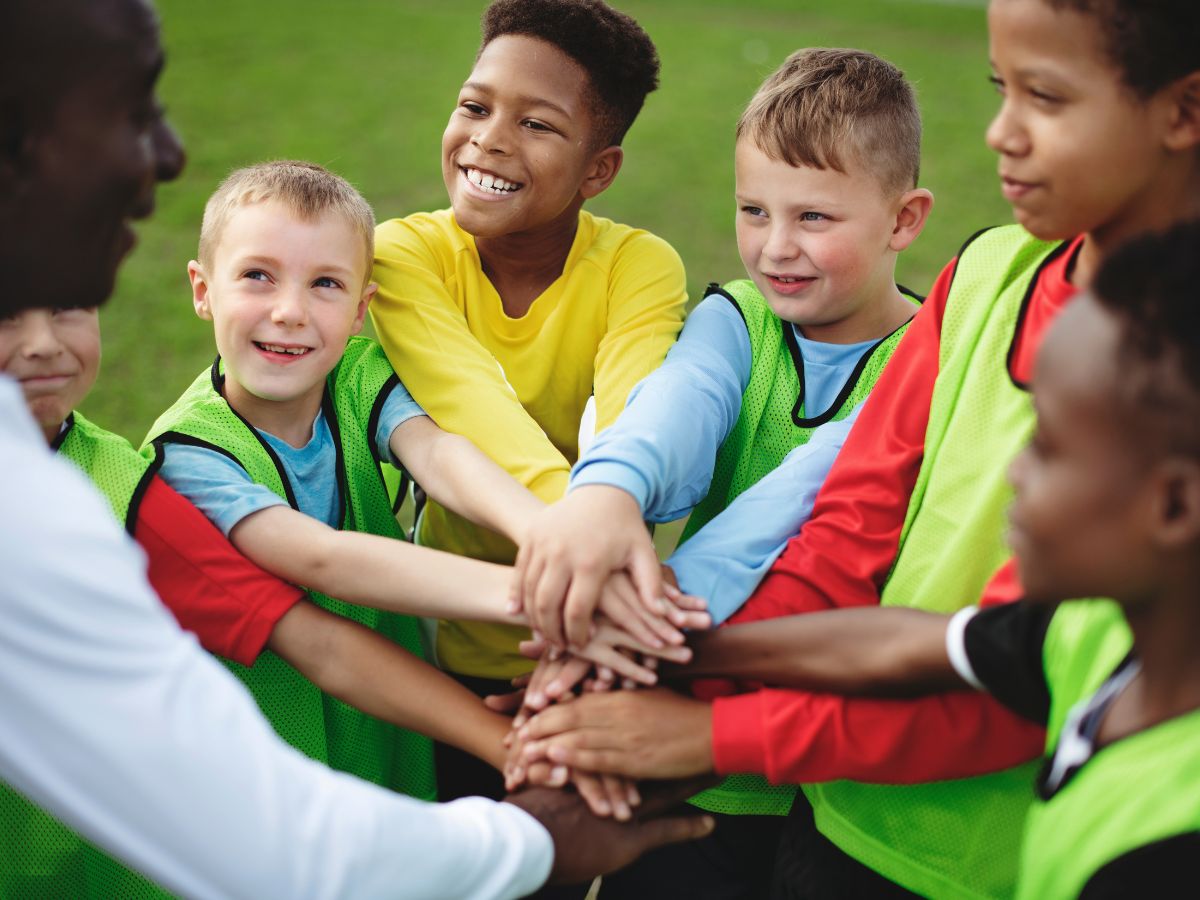Choking Under Pressure
Choking is defined as a decrease in performance that happens in high pressure or anxiety-provoking situations. It often occurs in sports because of internal and external pressures that are present during competitions or big events. Visualization, practicing for pressure, developing a pre-performance routine, and developing a stress mindset can help decrease the chances of choking.
Motor Learning Without Physical Practice
Did you know that imagining yourself performing motor skills can actually improve your performance? In a recent study, participants who combined watching actions with motor imagery achieved faster movement execution times compared to other groups with improvements lasting even after a week. lasted even after a week. These findings can help athletes develop complex motor…
“Keep trying, it took me a while to get that too!” The effects of peer feedback on relation-inferred self-efficacy (RISE), self-efficacy, and motivation in youth sport

Project Summary Peer influences are among the strongest social influences of children’s attitudes and behaviours at early ages. Yet, despite the potential for peer influences to change behaviour, few studies have investigated the role of peer influences on children’s thoughts about their physical capabilities or sport participation. Beliefs in our own abilities, or self-efficacy, guide…
Effective Cheering
Did you know that cheering for runners is more than just words? Research reveals that providing instructional and motivational support is appreciated by runners, but its effectiveness depends on factors like the runner’s condition and course feedback accuracy. While support is usually uplifting, it can also create pressure. Experts suggest using the “IMPACT” approach (Instructional,…
Improving athlete mental health
Mental illness affects 35% of elite athletes, and some challenges—like performance anxiety and identity loss—are unique to the sport environment. In this video, McMaster university researchers discuss strategies like mental health awareness, individualized development programs, and mental health screenings to improve athlete well-being.
Self-doubt and performance
Overestimating the abilities of other people can cause us to doubt ourselves. A study of competitive runners showed that athletes’ predictions of their performance can vary: overconfident athletes tended to have an inflated view of their ability, while underconfident runners overestimated their competitors. Finding a balance between confidence and doubt can help athletes optimize their…
Competition stressors
Unexpected competition stressors, such as an injury or unfavourable referee call, are common for athletes. In fact, some athletes report experiencing unexpected stressors not because they are unfamiliar with the stressor, but because they didn’t think it would happen to them. Asking athletes to list the ways that other athletes might experience the competition encourages…
Anticipating stressors
Unexpected stressors can negatively affect athletes’ feelings of stress, ability to cope with stress, and performance during competition. But preparing athletes for the possibility that the competition won’t go exactly as planned can help. Acknowledging that the competition might not go the way an athlete had hoped or expected is the first step towards coping…
Self-compassion in sport
Self-compassion requires an awareness of personal suffering and a desire to help oneself through an emotionally difficult time. Based on the research, self-compassion has three main components: self-kindness, common humanity, and mindfulness.
Expecting the unexpected
Unexpected stressors happen often and are more challenging to manage than expected stressors. However, they can be managed. One way to manage them is by expecting them. To help athletes “expect the unexpected” during competition, work with them to identify potential stressors before competition. Then establish strategies to manage those stressors.